Why Sustainability and Responsible Communication Aren’t the Same Thing.
Why communication standards matter as much as, if not more than, sustainability performance itself.
Date: September 2025
Read time: 4 mins
Author: Charlie Martin

In the public imagination, sustainability and responsible communication are often fused into one seamless virtue. A company with a gleaming net zero pledge, a biodegradable packaging line, or a glossy CSR report is assumed not only to be a leader in environmental performance but also a beacon of truth in how it speaks. Conversely, an organisation lagging on climate targets or struggling to decarbonise is quickly judged as a poor communicator, untrustworthy by default.
But the reality is more complicated, and far more revealing of the cultural blind spots in how we judge corporate integrity.
Sustainability ≠ Honesty
A business can operate on the cutting edge of sustainability and still be deeply irresponsible in its communications. In fact, the pressure to live up to its own halo can incentivise obfuscation. The more a brand markets itself as “sustainable,” the greater the reputational risk if the claim falters.
This is precisely why the UK Competition and Markets Authority forced undertakings from ASOS, Boohoo and George at Asda in 2024: these retailers had invested in “conscious” or “responsible” lines, but their claims were too vague, too broad, too easy to misinterpret. They weren’t being penalised for failing to act on sustainability, but for the language they chose to wrap it in.
The same dynamic played out in aviation, when Virgin Atlantic proudly trumpeted the “100% sustainable” credentials of a transatlantic flight fuelled partly by biofuels. The Advertising Standards Authority banned the ad, not because the airline wasn’t pursuing decarbonisation, but because the phrasing implied a level of environmental perfection that science simply couldn’t support. Here, innovation was real. But communication was misleading.
These aren’t isolated lapses. In a global survey, nearly six in ten executives admitted their companies had overstated sustainability efforts. The most climate-progressive firms may well be at greatest risk, precisely because the temptation to exaggerate is highest where there are reputations to defend.
Unsustainable ≠ Irresponsible
Equally, being less sustainable does not automatically make a communicator dishonest. Many carbon-intensive industries – from cement to aviation – face barriers to rapid decarbonisation that no amount of rhetoric can sweep away. Yet some are now speaking with unusual candour about their limits.
Consider those oil and gas firms facing lawsuits not for inaction per se, but for communications that overreached. Santos in Australia was sued for promoting a “net zero plan” that leaned on unproven technologies and implied compatibility with gas expansion. By contrast, companies that admit openly that their models remain misaligned with Paris goals, and that fundamental trade-offs persist, can paradoxically build more trust than peers with bolder, vaguer slogans.
Trust, after all, is built not on performance alone but on the willingness to narrate imperfection. When an airline acknowledges that sustainable aviation fuels remain scarce, or a retailer admits that recycled fibres still represent a fraction of its overall volume, it signals a kind of integrity that consumers, and regulators, are increasingly primed to reward.

The Charter’s Principle: Integrity Before Image
For signatories of The Anti-Greenwash Charter, this distinction matters. Our mission is not to crown the “greenest” operator, but to demand honesty in the way every operator communicates. Communication is an ethical act in its own right, separate from operational performance.
Responsible communication means:
-
Accuracy over aspiration: framing sustainability claims in verifiable, evidence-based language.
-
Transparency over perfection: admitting limits, trade-offs, and ongoing challenges.
-
Context over slogans: placing claims in proportion to overall impact, not cherry-picking the best statistic.
These principles apply equally to a retailer with a recycled capsule line and to a heavy industrial player locked into long-term emissions trajectories.
Why This Distinction Matters
If we continue to conflate sustainability with responsible communication, we risk two dangers. First, we allow high-performing companies to overstate their case and escape scrutiny. The CMA’s recent actions show just how tempting and routine that overstatement can be. Second, we delegitimise candid organisations whose very honesty may be their greatest act of responsibility.
RepRisk data suggests greenwashing incidents may be declining in number globally, but those that remain are more severe, more systemic, and more damaging. That is not just a quirk of corporate PR; it is the logical outcome of confusing sustainability with honesty, and rewarding only the appearance of perfection.
The lesson is stark: trust is not built on how sustainable you are. It is built on how truthful you are. And in an age of mounting climate urgency, truth may be the most sustainable currency of all.
Communicate About Sustainability with Confidence
If your organisation wants to protect its reputation, reduce greenwashing risk, and communicate sustainability with confidence, we’d love you to join us.
📢 Become a signatory of The Anti-Greenwash Charter.
Shape the future of responsible communication and show stakeholders what honest, trusted sustainability leadership looks like.
